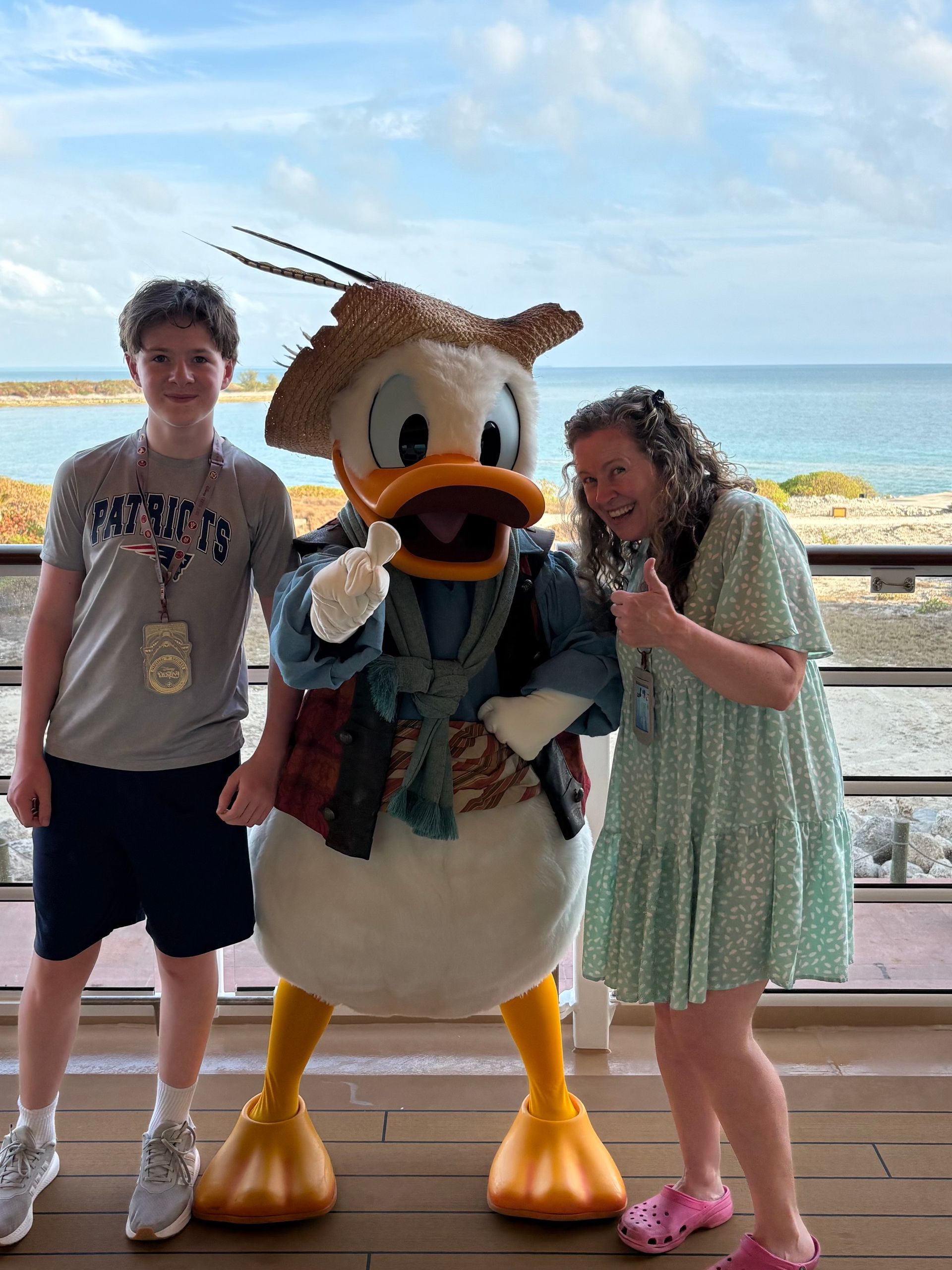The 3 Parenting Leaders Whose Ideas I Adore

These are my 3 favorite leaders in the field of parenting. Their ideas have shaped my parenting, and my life.
1.) Alfie Kohn
Alfie is one of my all time favorites! If I had to choose only one person to read and follow about parenting (and education), it would be him.
In his books, he explains the importance of a child FEELING THEY ARE LOVED UNCONDITIONALLY. While most parents do love their children unconditionally--our children need TO FEEL this, which often does not happen when we are focused on getting them to behave a certain way.
For Alfie, the focus should be on what our child is feeling and needing, rather than on controlling their behavior.
When we use rewards, punishments, or even our affection, to try to control behavior, children feel conditionally accepted and loved. Instead, we should use relationships built on trust and honesty to connect with our children so they will want to listen to us, rather than listen to us out of fear or self-interest.
He also believes these same ideas carry over into the classroom, where the best learning happens when students feel accepted and supported unconditionally, including when they make mistakes, and when external rewards and punishments are removed.
Some of his quotes I really love:
- “Children don’t just need to be loved; they need to know that nothing they do will change the fact that they’re loved."
- “The dominant problem with parenting in our society isn't permissiveness, but the fear of permissiveness. We're so worried about spoiling kids that we often end up over controlling them.”
- “The way kids learn to make good decisions is by making decisions, not by following directions.”
- "Few parents have the courage and independence to care more for their children’s happiness than for their success.”
2.) Marshall B. Rosenberg
Marshall B. Rosenburg wrote “Nonviolent Communication,” a transformational book about communication that changed the way I see and communicate.
Nonviolent communication is a way of sharing power with others, rather than using power over others. The beauty of his ideas about communication is they are applicable across all relationships, but perhaps even more so to the parent-child relationship because of the inherent power imbalance.
The main premise of nonviolent communication is that everyone has unique feelings and needs—and by taking time to explore those—we reach greater understanding and empathy—not judgement.
The result is that, when we better understand people’s feelings and needs, we no longer see them as good/bad, right/wrong, or deserving of punishment. Instead, we see them as someone with an unmet need. Likewise, when we show care for the other person’s feelings and needs, they will respond in kind to us most often.
In parenting, this means the parent and child use dialog instead of rewards and punishments.
Here are a couple of his quotes I love:
- “Every criticism, judgment, diagnosis, and expression of anger is the tragic expression of an unmet need.”
- “All violence is the result of people tricking themselves into believing that their pain derives from other people and that consequently those people deserve to be punished.”
- "The more another person's behavior is not in harmony with my own needs, the more I empathize with them and their needs, the more likely I am to get me own needs met.
- “What I want in my life is compassion, a flow between myself and others based on a mutual giving from the heart.”
- “You can't make your kids do anything. All you can do is make them wish they had. And then, they will make you wish you hadn't made them wish they had.”
3.) Jolette Jai:
Jolette Jai is a founder of the Jai Institute for Parenting, where I got my parent coach certification.
She has a brilliance, a warmth, a humor, and a humbleness that made me immediately want to learn from her.
These are just a few of the many wonderful ideas she has taught me about parenting.
- “No one knows how this (parenting) is supposed to look.”
I find this idea tremendously freeing. To me, this means, if something is working for your parenting, great—keep doing it. But if it isn’t working, you have permission to change it. It doesn’t matter what 99.99% of other parents are doing, or not doing. So put your kids to bed at 6, or at 10, or have no bedtime at all—if it’s working for your family—that’s what’s important.
- “All your feelings as a parent are OK,” and “Feelings are never in conflict.”
Most of us were raised in homes where all feelings were not OK. Maybe you weren’t supposed to show anger, or sadness, or disappointment. So learning how to be an emotional coach for our kids requires first giving ourselves permission to feel all our feelings too. This was a big deal for me! I wasn’t used to talking about negative feelings in my house growing up, so acknowleging them with my children has taken a lot of learning. I’m still learning this!
- “You need a support and a community.”
As a parent, you are under a tremendous amount of stress, and it can feel incredibly isolating at times. Often you feel like the only parent having a particular challenge, or the only parent feeling this discouraged, or this frightened. In reality, so many of the challenges and frustrations are universal, which becomes apparent once you find a safe place to share your authentic feelings. Finding other, like-minded parents can make the journey so much better, because then you can get the support you need.
************
These are my 3 favorite parenting leaders—I hope you find them just as inspiring as I do.












